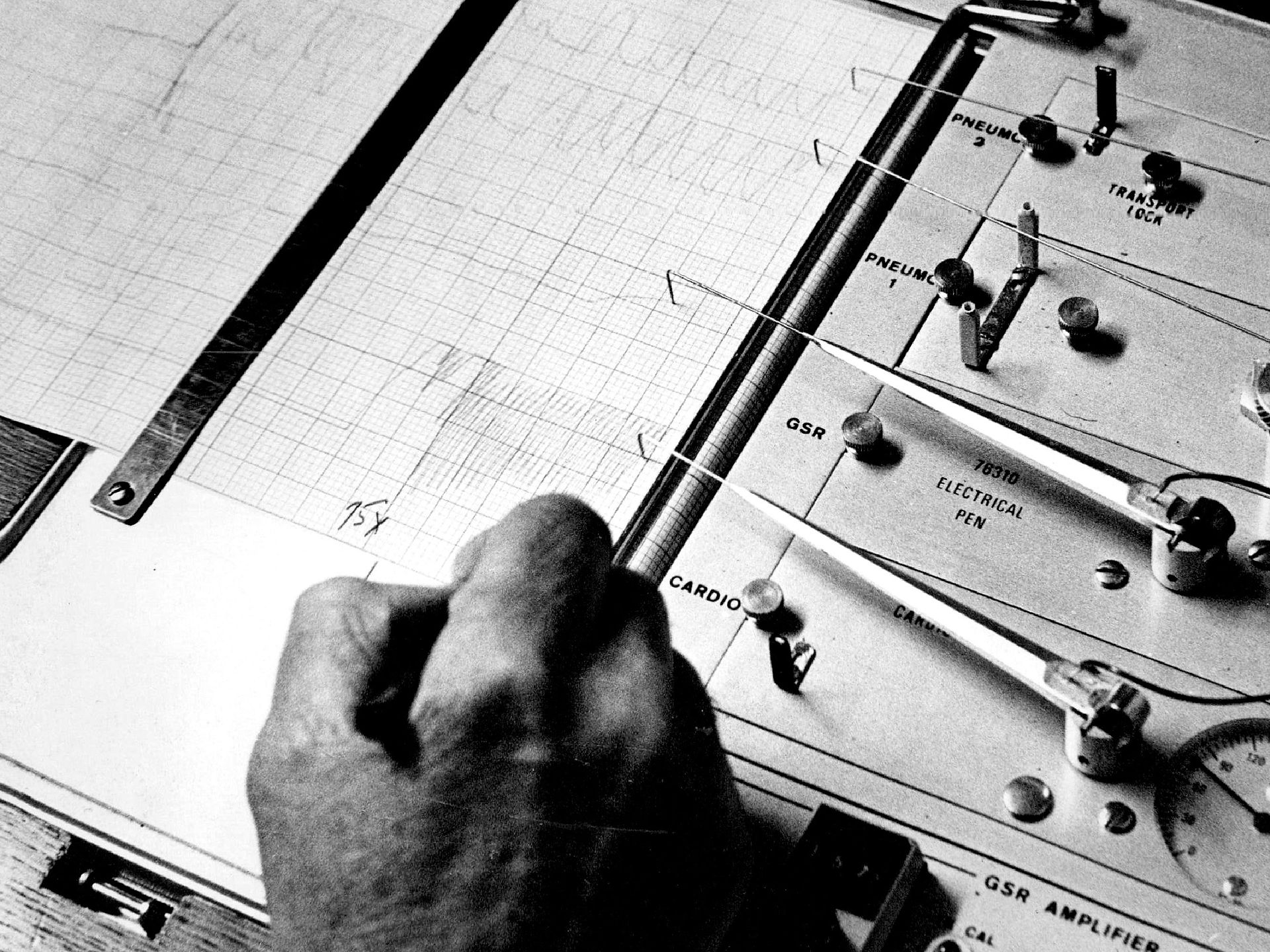
FORENSIC PSYCHOLOGY

1
REMEDIES
Reforms that would have prevented most of the documented Illinois false confessions
Limiting the duration of interrogations. A national study by Drizin and Leo (2004) found that 84% of false confessions occurred after interrogations of six hours or longer and that the average duration was more than 16 hours. Drizin and Leo recommend that interrogations in excess of 12 hours should be categorically inadmissible in court and those of more than six hours should be admissible only if the prosecution can establish beyond a reasonable doubt that they were voluntary.

Polygraphs and voice-stress analysis should be banned: Many suspects are eager to be tested, anticipating that the test will prove they are telling the truth. Then, they are devastated when told — often falsely — that they failed. Confessions then follow. The best remedy would be for the courts to suppress any statement made by suspects after they have been told that polygraphs or voice-stress analyzers indicated that they were lying.
2

Lying by interrogators, which occurs in virtually all false confession cases, should be strictly limited. It is recommended that the criminal justice system be more sensitive to the effects that false evidence in the context of interrogations can have.
3

Implicit promises of leniency should be prohibited because if proven, such promises would result, under current law, in suppression of any ensuing confessions. Police, however, are taught a process known as pragmatic implication, i.e. to suggest alternative scenarios for crimes- one that was cold, calculating, and premeditated, the other that it was impulsive, that the result was unintended, or that it was self-defense. The implication is clear- accepting the latter scenario will mitigate, or perhaps eliminate, punishment. To a suspect, even if innocent, it may seem reasonable to cut his losses and confess.
4
Hypothesizing blackout scenarios, as was done in the Gary Gauger case, should be prohibited. When an innocent suspect like Gauger is led to believe there is rock-solid evidence that he committed a crime he cannot remember, and the interrogator offers an explanation such as that he might have committed the crime in a blackout or amnesiac trance. It is when whatever the suspects say include information consistent with facts of the crime he learned during his preceding interrogation. Those facts then are misconstrued as knowledge to which only someone involved in the crime would be privy. However, any statement that follows should be suppressed unless the prosecution can show by clear and convincing evidence that the statement includes a substantial amount of accurate information that was neither imparted during interrogation nor was in the public domain at the time.
5
Judges should hold pre-trial reliability hearings before confessions are admitted into evidence. Under current law, the only prerequisite is that confessions be voluntary. Reliability hearings already are common regarding other kinds of evidence. There is no logical reason that confessions should be an exception. There already is a general consensus on what makes an inculpatory statement reliable — substantial corroboration, which is amenable to objective examination before trial.
6

Protection of vulnerable suspects: A trained professional advocate (ideally a lawyer) should sit in on interrogations involving juveniles, migrants, intellectually impaired and minorities with the objective of maximising their sensitivity and skills when dealing with the problems that vulnerable suspects bring.
7

Electronic recording of all interrogations and interviews: The requirement is for every custodial interview/ interrogation to be videotaped in its entirety, using a camera position which places equal focus on the suspect and the interrogator.
8

A reform of interrogation practices is essential where it should be a move from the Reid model of interviewing and its assumption of guilt to an investigatory style of interviewing.
